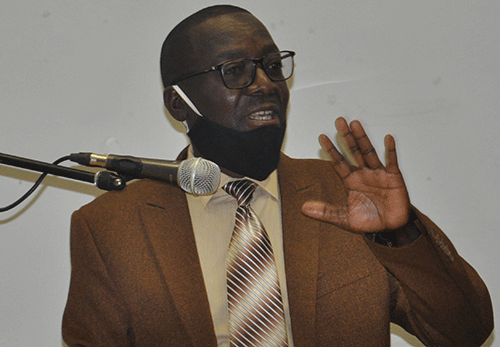Urban and rural development minister Erastus Uutoni says Namibia’s rural economy plays a crucial role in the growth of the country’s overall economy.
He said this during the Bank of Namibia’s 24th annual symposium which took place in the capital on Thursday, adding that the government recognises the importance of transforming rural economies, leading to accelerated and diversified economic growth, reduced poverty and inequalities, and greater environmental sustainability.
Discussions at the symposium centred on the transformation of the rural economy in Namibia.
He said the seminar was timely as the ministry is in the final stages of commencing a review of the National Rural Development Policy and Strategy.
Namibia has a young population, which represents an opportunity for a demographic dividend, the minister observed.
“Despite Namibia’s great strides in improving the rural areas through a number of cross-cutting policies and strategies, and also given the positive economic growth realised over the last decades, the country continues to face challenges such as extreme poverty and inequality, with 17.4% of the population remaining poor, and the unemployment rate at 33.4%, and youth unemployment at 46.1% across all regions,” Uutoni said.
The minister noted that more than 650 000 people are regarded as food-insecure, while about 70% of the population depends on agriculture, and are vulnerable to the impacts of climate change.
The situation has been exacerbated by the post-Covid-19 effects and the slow economic recovery.
“Our government continues to set ambitious plans to transform the rural economy and address vexing challenges, including limited financial resources,” the minister stated.
Uutoni encouraged Namibians to be creative and to use all their resources to leverage much-needed private sector investment to alleviate poverty and create jobs.
Participants at the half-day seminar looked at an overview of rural economic development in Namibia. They also learnet lessons from other countries on improving the economy of rural communities through skills development, job-creation and income-generating activities.
They furthermore discussed topics such as strengthening coordination for rural economic development in Namibia, jobs for rural youth, and the role of local food economies.



